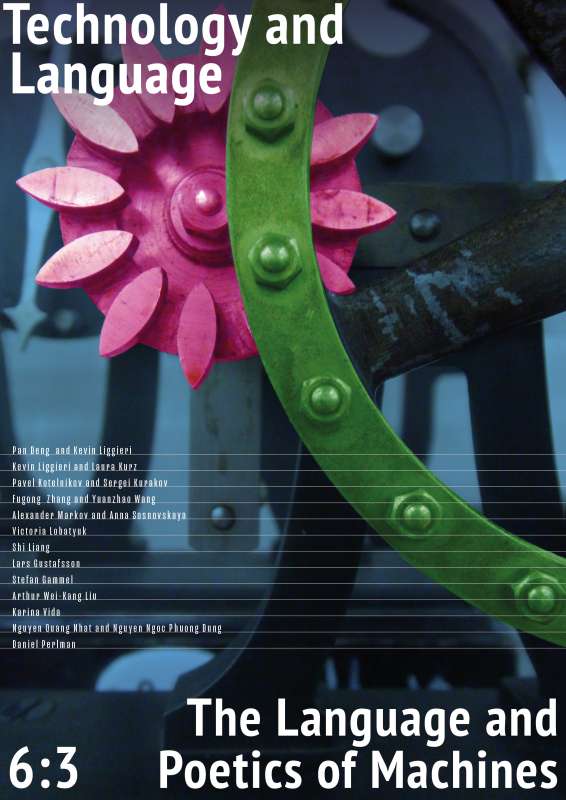Perceptual Experience and the Problem of Translation: Olfactory Metaphor in Technical and Literary Texts
Language as a system and its connection with the perceptual properties of consciousness, reflected in the linguistic picture of the world, is the most important research object of modern scientific studies of language. Today, perceptual vocabulary is studied through various methodological approaches in the disciplinary field of cognitive research. This article examines the perception of smell as a special type of perceptual experience reflected in the semantics of olfactory vocabulary (vocabulary for describing smells and the experience of perceiving smells). The complexity of classification and description of olfactory perceptual experience, as well as its rich associative semantic component, make the olfactory language code difficult to translate, and therefore there is a need to develop translation strategies applicable when working with this non-trivial language material. The purpose of this research is to analyze the peculiarities of the use of olfactory vocabulary in technical and literary texts. Here, «technical» means texts that accompany marketing and production processes in the manufacture of aromatic substances and products, for which the composition of the aroma is one of the main identifying properties of the product (perfumes, tea, wine, etc.). Since technical and literary texts have different functional goals, it is expected that the use of olfactory vocabulary and the properties of metaphorical contexts will differ significantly. We believe that this difference poses unusual problems for the translator, and in this research, we will discuss methods for solving them. The illustrative materials for the study were examples of descriptions of the olfactory field from technical texts, as well as examples of literary and artistic olfactory descriptions from the National Corpus of the Russian Language selected using the continuous sampling method.



